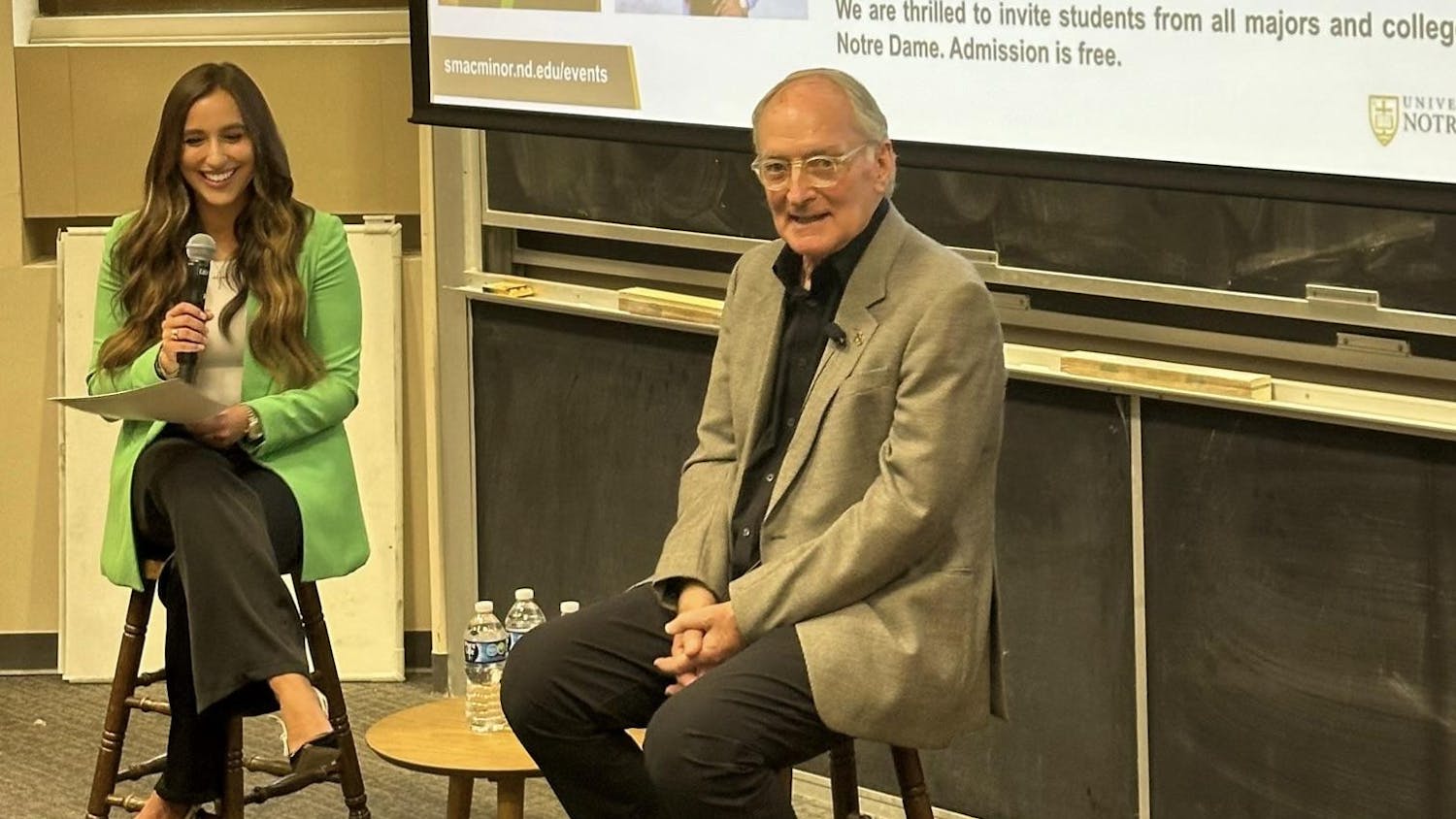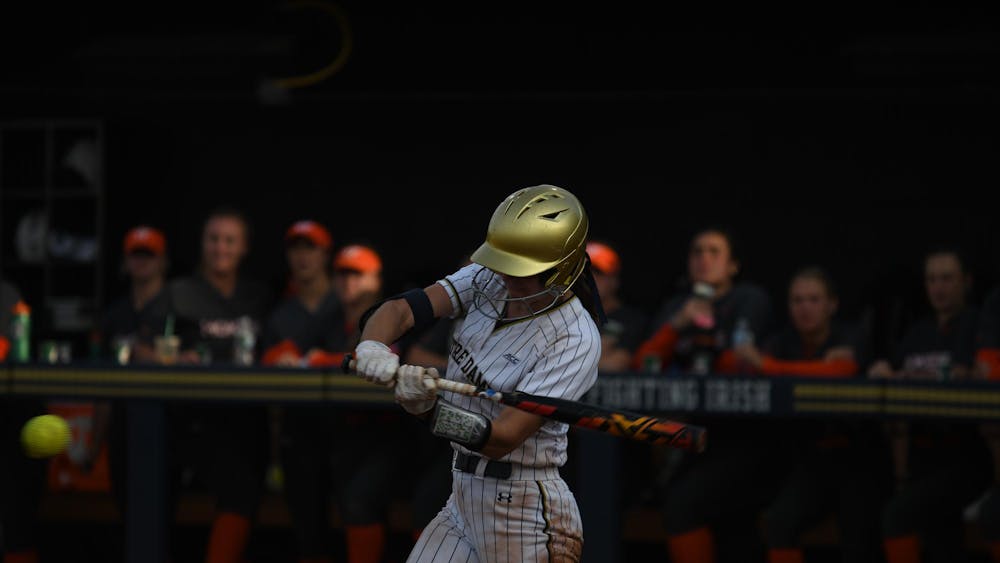"We are living on the wrong side of history."
Go ahead, throw your trusted copy of The Observer at a lucky nearby wall for me. With such a painfully cliched opener, I deserve no less.
The sheer breadth of this phrase in American rhetoric truly appalls me. Journalists, reporters and public figures almost thoughtlessly append it to the tales of failures, ignorance and insufficiencies that pervade the 2020 American landscape. Needless to say, leaders and commoners alike merit criticism for the shortcomings that saturate the status quo. But as we prescribe our disapproval under this sweeping expression, we deeply misunderstand the heart of history as a field of study.
I recently stumbled upon a credible and definitive Twitter account staking the claim that the 2020 Seattle Mariners merit a place on the “right side of history.” The blanket statement undoubtedly refers to the diverse racial makeup. The Mariners included 10 Black players on their Opening Day roster and another twelve among their taxi squad and summer camp. The staggering figures leave the Mariners with more Black players on their Major League team than the entire American League Central Division. Harkening back to the historic Negro Leagues that disbanded in 1948, the Mariners continue the work of pioneers like Jackie Robinson, Larry Doby and Branch Rickey through one of the most diversified rosters in recent memory.
The question of history aside, the Seattle Mariners organization warrants some recognition as a trailblazer in racial integration efforts. Since 1998, Mariners front office executives have committed to reserving at least one spot on their roster for players born and raised in Japan. The likes of Ichiro Suzuki, Hisashi Iwakuma, Norichika Aoki and Kenji Johima have assumed this position with vast success. Now enjoying the myriad accolades of a long career, Ichiro remains in the conversation as one of the most consistent and brilliant players at his position.
Skeptics rush to condemn this partnership with Japanese leagues as a marketing ploy for an expanded Mariners fan base stretching across the Pacific. Even the current roster’s racial makeup leads countless critics to voice their doubts regarding the true intentions of the organization at large.
But when taken within the broader context of our nation’s affairs, this loose-fitting skepticism is invalidated. The 2020 Mariners confront an unprecedented challenge of coping with the residual anti-Asian sentiment that has followed the detection of COVID-19 on American soil. They stand as a unique host of talented Black players in the face of unspeakable violence against the BIPOC community in Portland. They uplift the very ideology with which a deeply fragmented society wrestles each and every day. Through it, their work becomes nothing short of an act of heroism.
Whether history remembers the Seattle Mariners as such, however, depends on the character of our posterity. We cannot know the ideological, political and socioeconomic lens through which future historians evaluate our handling of deep-seated issues. History, at its core, stands as an ever-changing battlefield of ideologies and values, a medium for dissecting the context, development, and aftermath of our choices. Forces like the Seattle Mariners constantly draw, erase and redraw the “right side” and “wrong side” of history before our very eyes. Adversaries like the American League Central Division perpetually blur these lines in real time.
As this absolutely bizarre and turbulent MLB regular season winds to a close, let us stop anticipating the long-term sociocultural ramifications of our lives just as we live them. Let us stop training ourselves to make our neighbors feel unnecessarily scared through our rhetoric. Let us stop coaxing the masses with ill-formed language. Let us stop evaluating our current affairs with distant insight on how our posterity will remember us.
Let us stop convincing ourselves that we are the authors of history.













